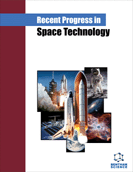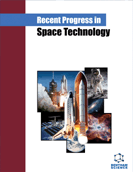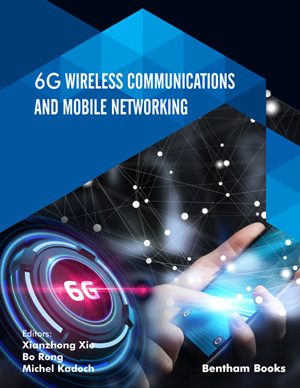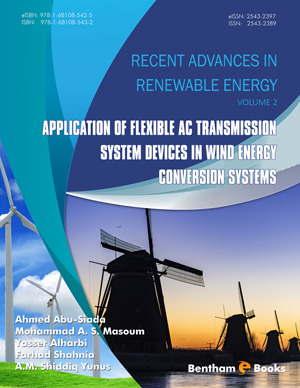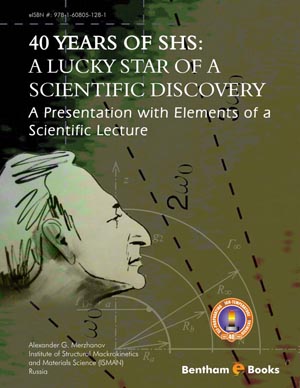Abstract
The concept of a biosensor was first proposed in 1962 by Clark and Lyons,
who developed an oxidase enzyme electrode for the detection of glucose. Since then,
the development of nanotechnology has prompted biosensors to evolve and become
more specialized for a variety of applications. Currently, at the forefront of science,
bio-sensing applications combined with nanotechnology have implications for multiple
fields, including medicine, biology, environment, drug delivery, and food safety. In
recent decades, bacterial and viral diseases have seriously threatened human safety.
Prioritizing the rapid detection of outbreaks, which pose a major threat to the
healthcare system and could have a catastrophic socioeconomic impact, will help stop
them. Scientists are conducting extensive research to develop sensitive diagnostic
techniques and effective medicines.



